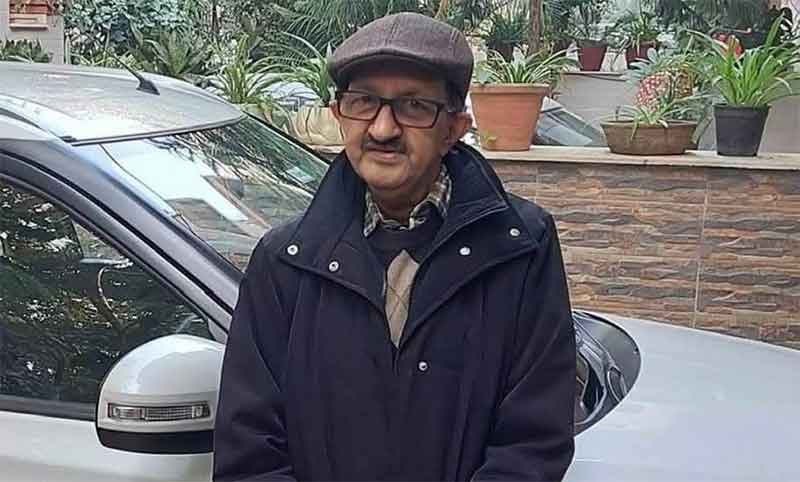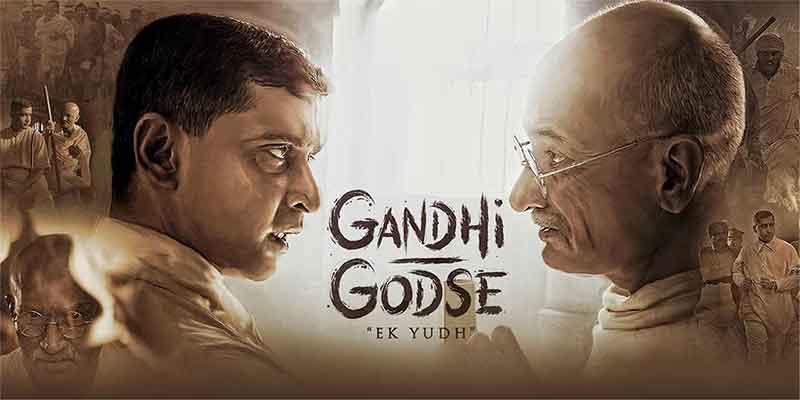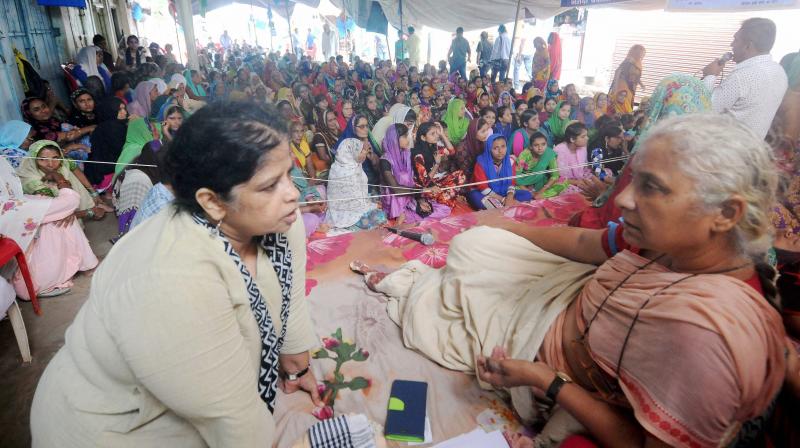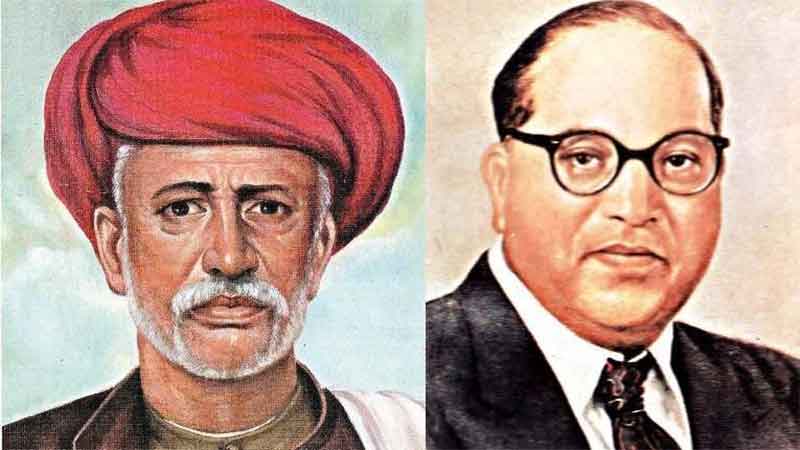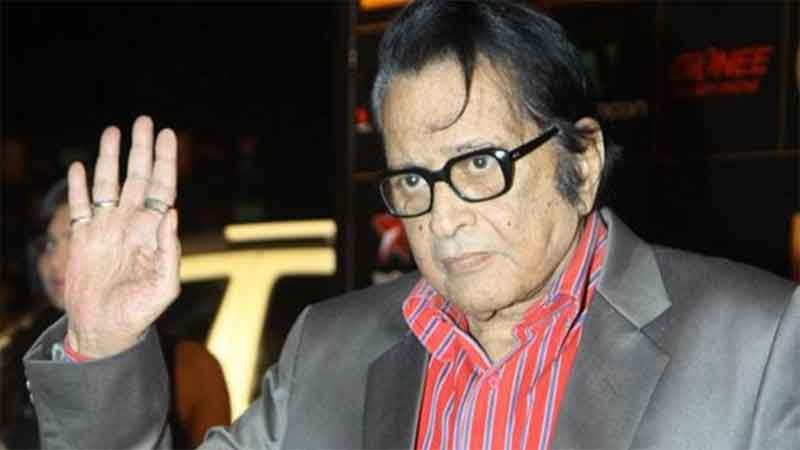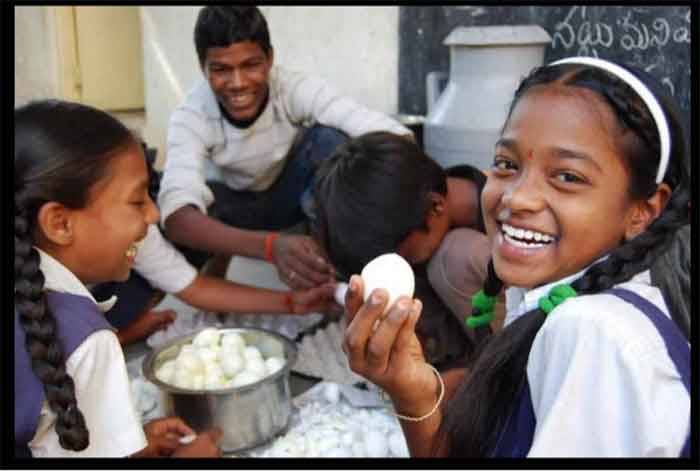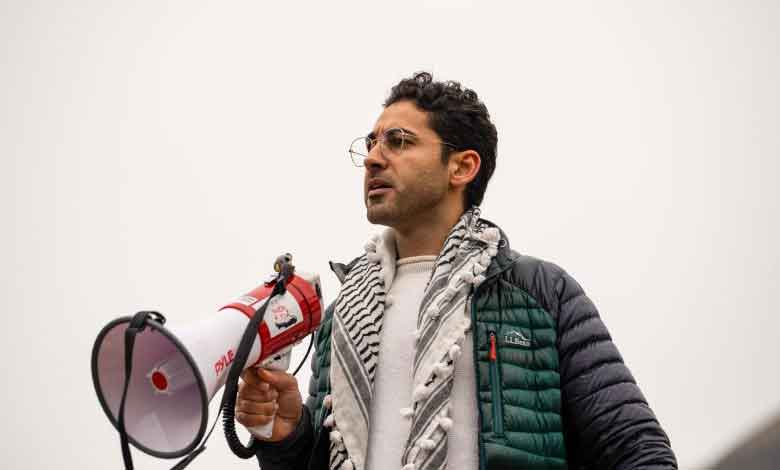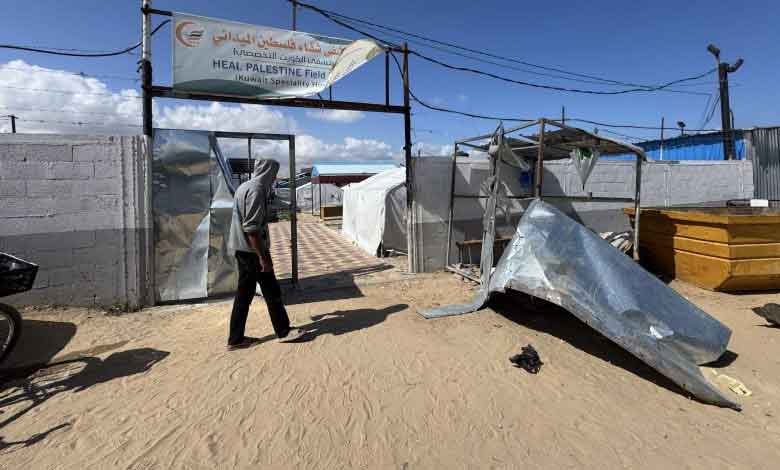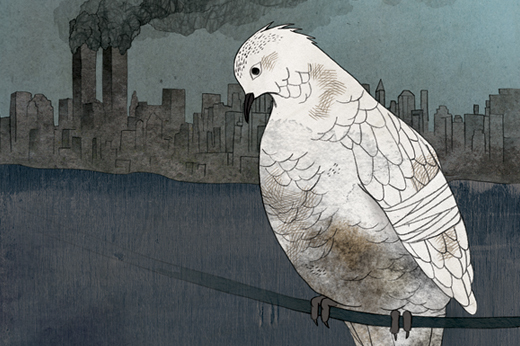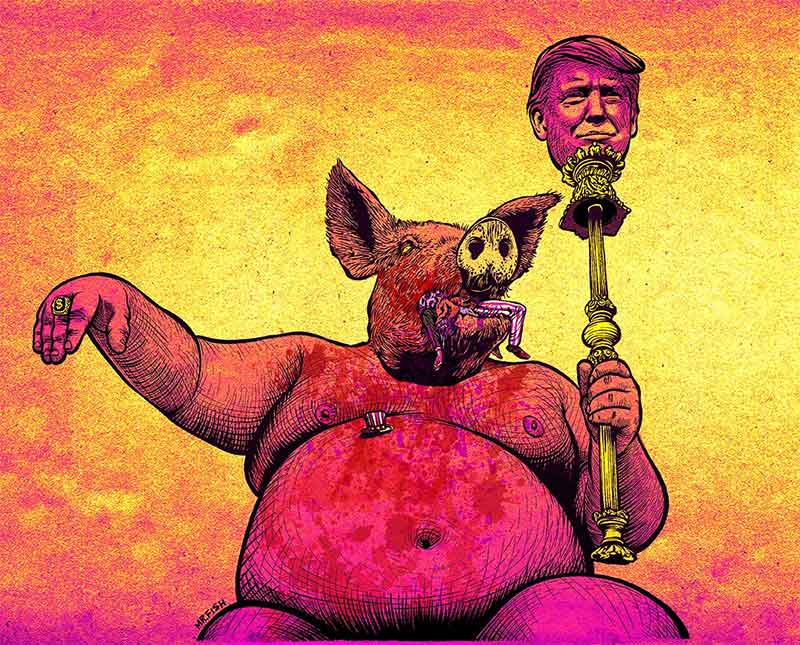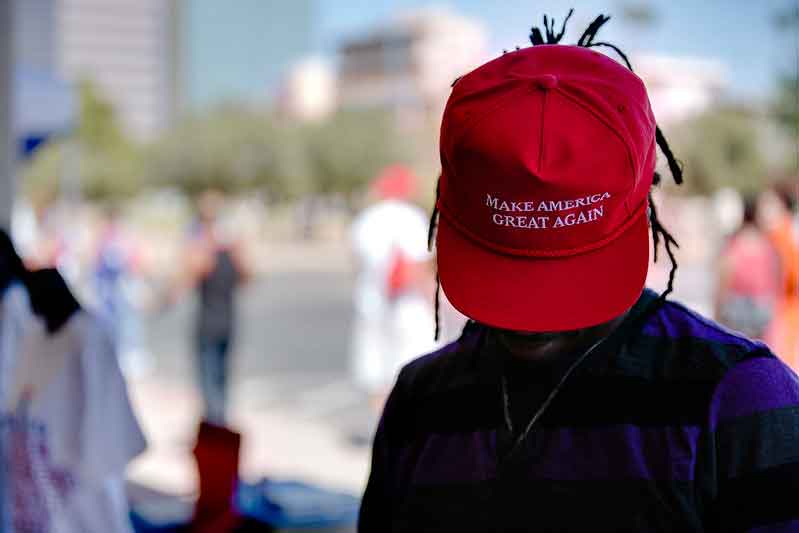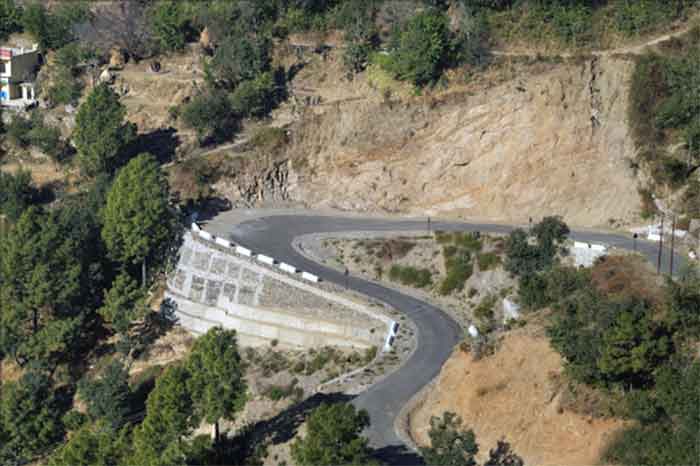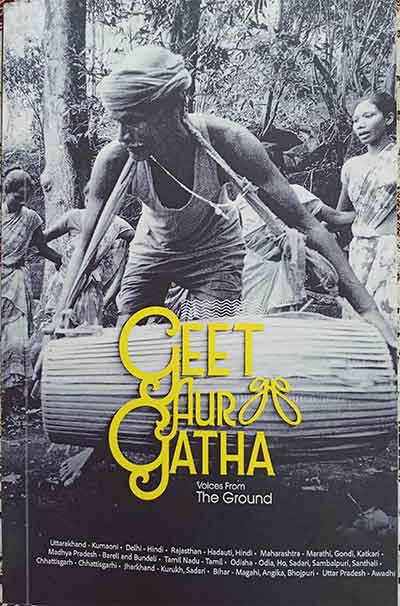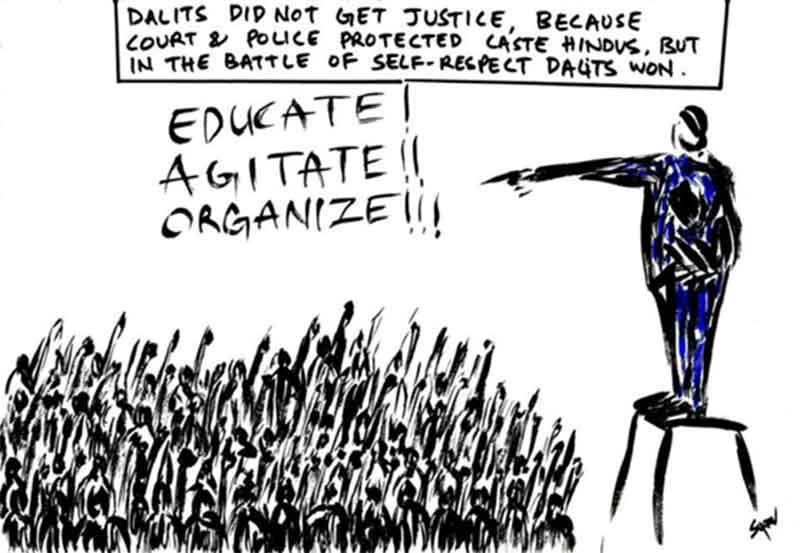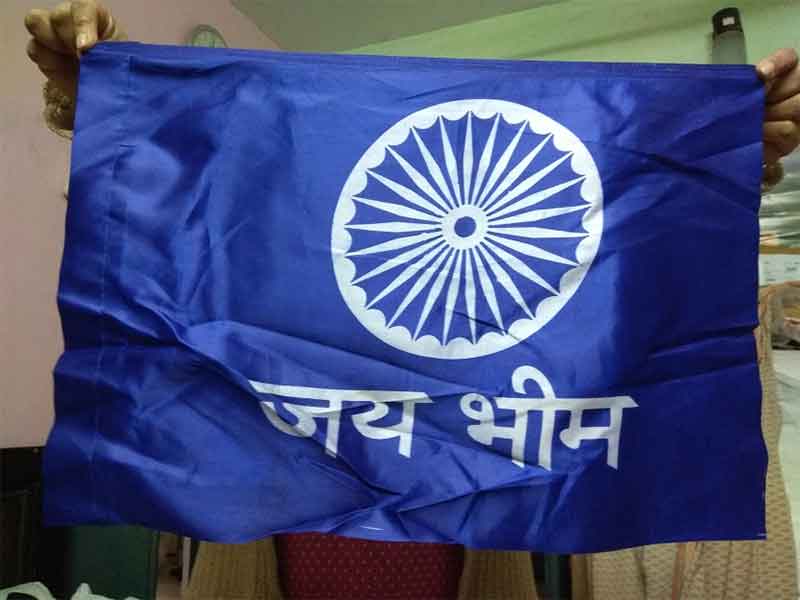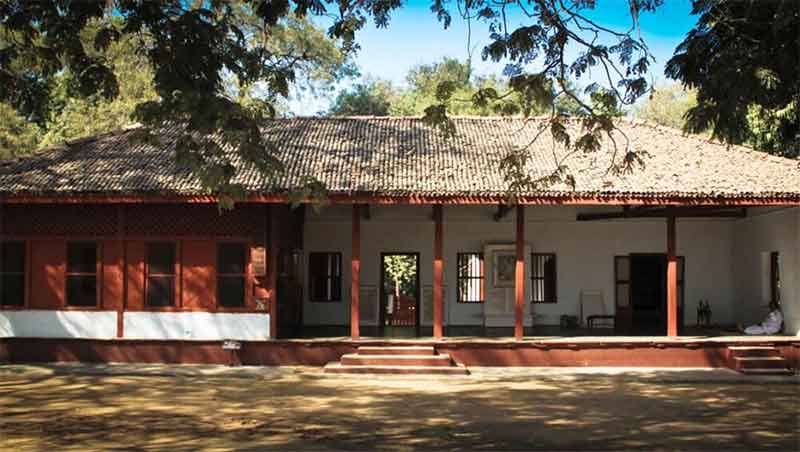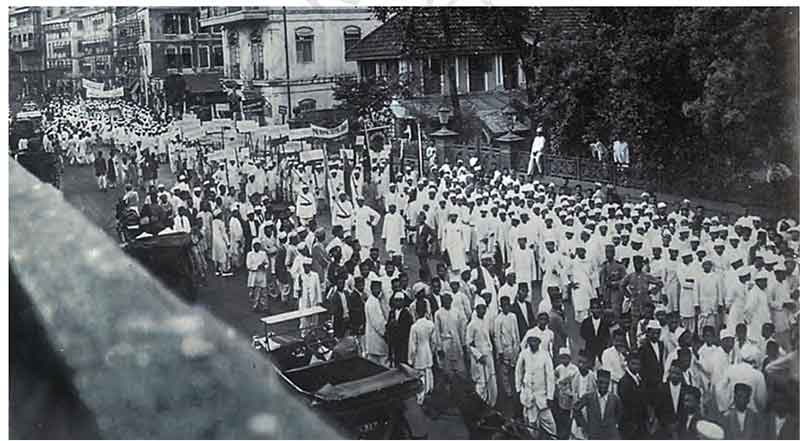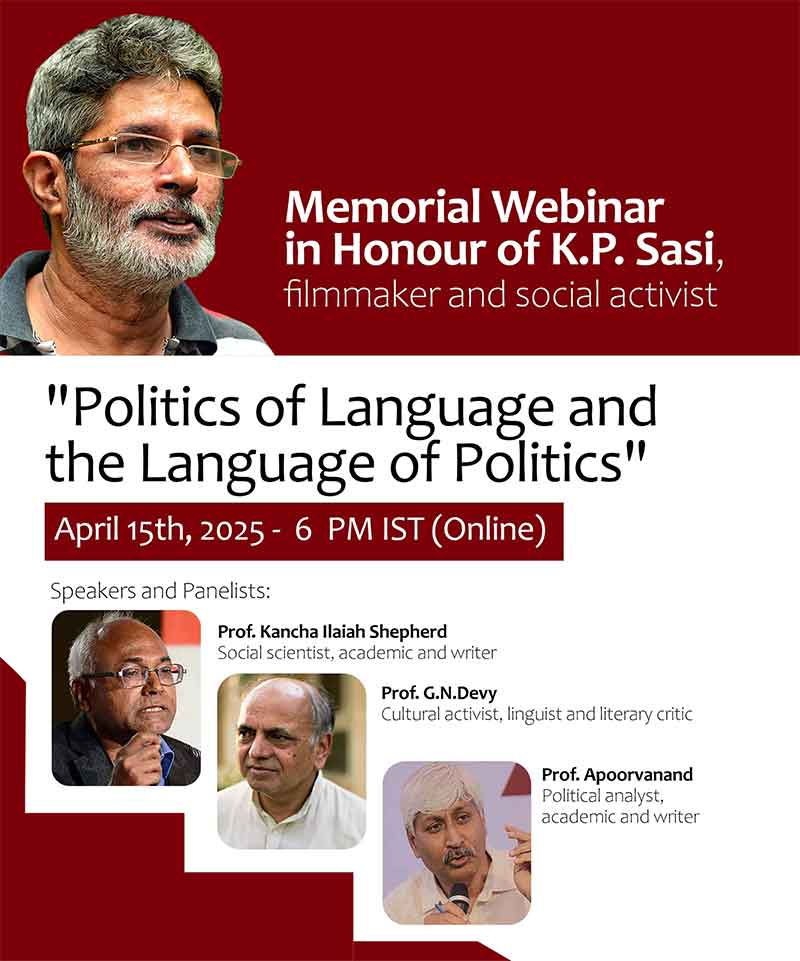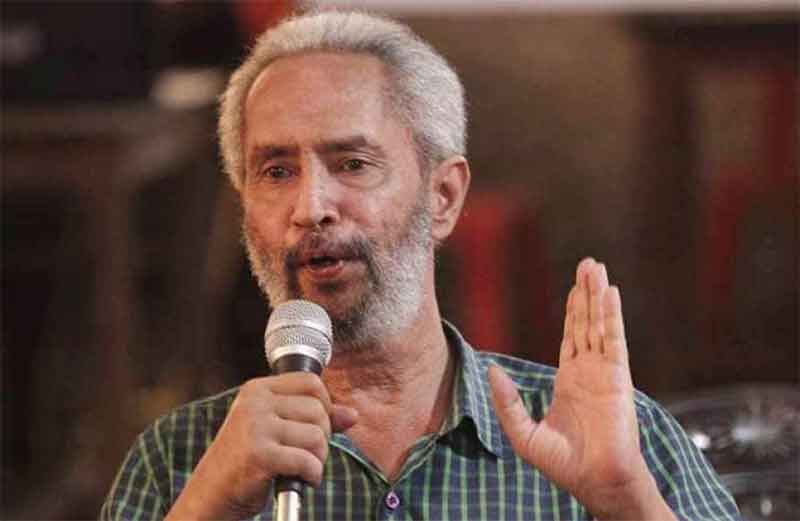
The creative mind that was V.C. Harris has long since become a ‘text’—an enduring narrative fused into the cultural and intellectual history of Kerala. It is rare, in any age, to encounter an individual who transcends the limits of authorship, who becomes a living text, one that speaks, breathes, and evolves with time. But Harris, as those of us who had the privilege of knowing him can attest, was one of those rare few. His passing, seven years ago, left an absence, a ‘vacuum,’ but one that is far from empty. Instead, it brims with potential—new texts, meanings, and interpretations waiting to be born.
One of the most remarkable aspects of Harris’s life was his capacity for ‘border crossing.’ He moved with a kind of effortless grace across the rigid boundaries that typically confine academic and cultural discourse. Where most scholars adhere to strict frameworks and disciplines, Harris was unmoored from such constraints. He was a teacher without a defined curriculum, a mind that refused the confinement of any singular field. Those who knew him could see it: no framework, no formal structure could contain the vastness of his intellect. He was more than a professor; he was a guide, an explorer who brought others along on his journeys into drama, cinema, and literature.
Harris’s contribution to intellectual and cultural conversations was marvellous. He never blindly absorbed the latest theories or intellectual trends from the West. Derrida, Barthes, Foucault—they were all influential, yes, but Harris demanded that we view their works critically, from within our own tradition. He asked us to be self-critical, to question and reshape these ideas rather than accept them wholesale. This was the hallmark of his teaching, whether in the classrooms of Farooq College or later at the School of Letters at Mahatma Gandhi University, where his presence would forever alter the intellectual landscape.
During his years at Farooq, from 1985 to 1991, Harris’s role as a teacher was only one part of his creative life. Those were years of rich experimentation in drama, cinema, and literature, not only with colleagues and students but also with ordinary people outside the academic world. His passion for cinema flourished, especially through his admiration for the late filmmaker John Abraham. Though their paths crossed only briefly, Harris found in Abraham’s work a mirror for his own ideas about cinema and storytelling. His collaboration with the ‘Odessa Collective,’ even for a short while, left an indelible mark, especially in film studies and discussions that took place during that period.
Harris’s passion for cinema and theatre continued to expand, eventually introducing new intellectual currents to film studies, unifying theatre, cinema, and literature in ways that no one else could. It is no surprise that luminaries like U.R. Ananthamurthy and Narendra Prasad held him in such high regard, entrusting him with the responsibility to spark new intellectual revolutions even before he formally joined Mahatma Gandhi University.
Harris’s intellectual career cannot be neatly categorized. He was a man of many worlds, whether in his public lectures, his classroom engagements, or his participation in cultural movements. His work behind the scenes of the Sankarappilla commemoration, the theatre festivals, and the intellectual environment he cultivated for his students at the School of Letters—these were all reflections of a mind that transcended boundaries.
In the later years, Harris took a bold step into solo acting, with performances in works like ‘Krapp’s Last Tape’ and ‘Marx in Soha,’ captivating audiences and colleagues alike. His intellectual contributions in cinema extended far beyond his roles as a critic and a teacher—he acted, analysed, and introduced world classics to eager students and film enthusiasts, creating spaces for meaningful discussion and critique.
Through all his contributions—whether as a dramatist, director, film critic, or actor—Harris left an indelible mark on the minds he touched. Even after stepping down from his role as Director of the School of Letters, his influence remained deep. His ties to new social movements, his advocacy for the marginalized, and his quiet yet unmistakable alignment with left-wing causes reflected his deep commitment to justice and equity.
Harris knew his time was limited in his final years. His body, though failing him, never dulled the sharpness of his mind. His beloved wife Anila stood by him, ensuring that the changes in his physical life would not hinder his intellectual pursuits. Though some friendships faded with time, Harris held each person he encountered close to his heart.
In death, Harris could not fulfil his wish to donate his body to medical students—a desire reflecting his commitment to knowledge, even in the most personal of moments. Yet, it was only his body that was confined. His ‘lesson,’ as he would have called it, is still breaking boundaries, still urging us to think, to feel, to understand.
As we now read the ‘text’ of Harris’s life, we are left with his own words: “The innocence of reading is lost. It’s tainted forever. How will we read it?” Yes, how should we read Harris now? Perhaps the answer is that Harris, like all true texts, continues to be read, reread, and lived, long after the physical borders have faded.
K.M. Seethi is Director, Inter University Centre for Social Science Research and Extension (IUCSSRE), Mahatma Gandhi University (MGU), Kerala. He also served as ICSSR Senior Fellow, Senior Professor of International Relations and Dean of Social Sciences at MGU.

